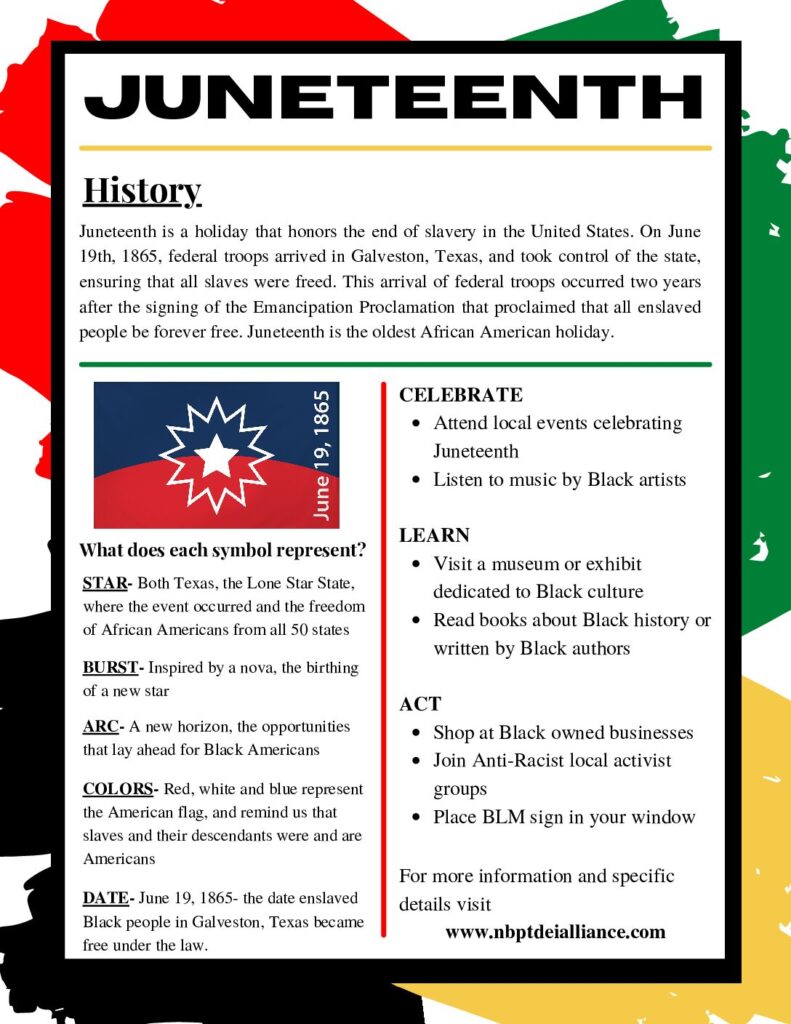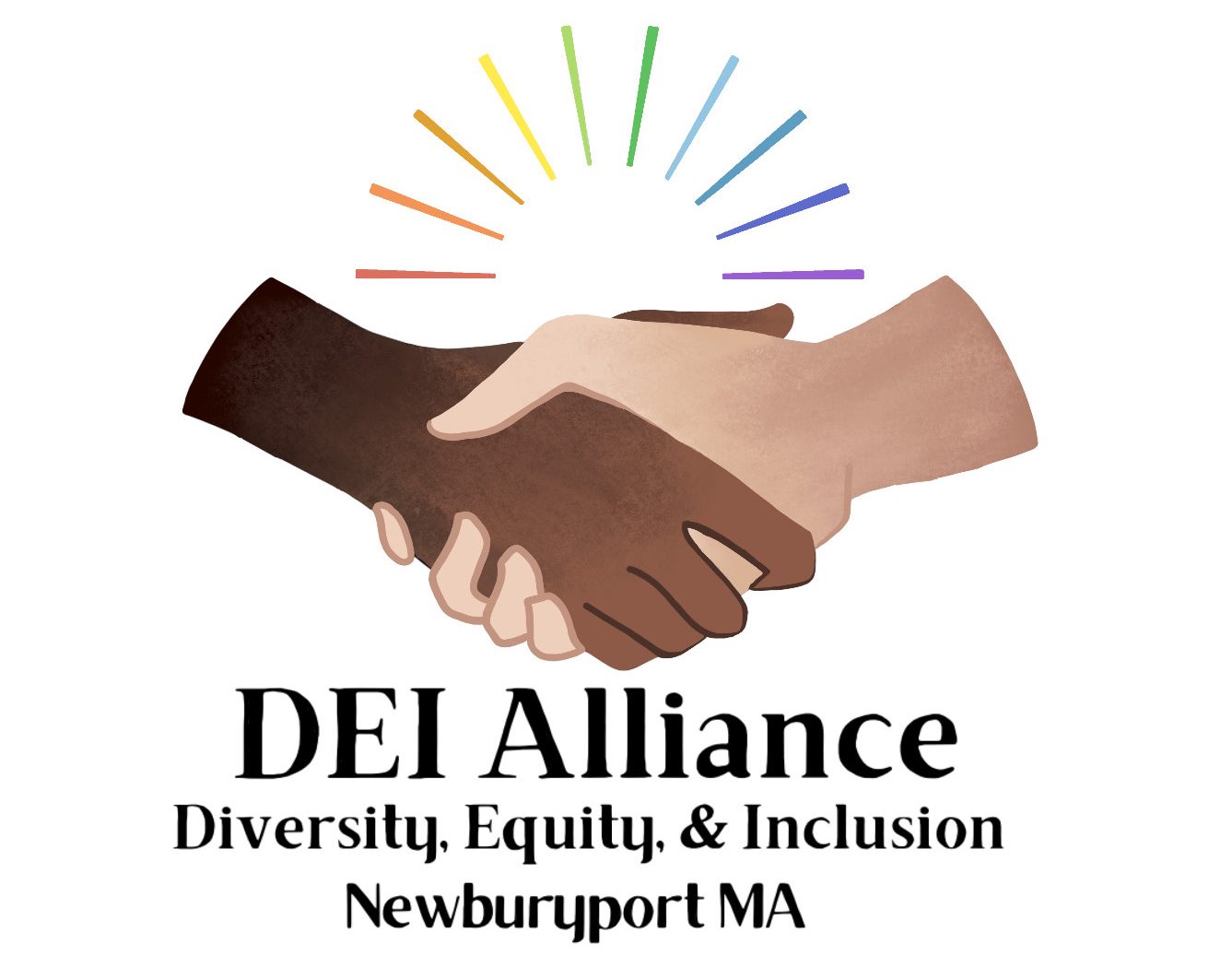HISTORICAL OVERVIEW
Juneteenth (also known as Freedom Day, Jubilee Day, Liberation Day or Emancipation Day) is a holiday celebrating the emancipation of all those who had been enslaved forcibly in the United States.
Originating in Galveston, Texas, it is now celebrated annually on June 19 of each year throughout most of the United States.
It is commemorated on the anniversary date of the June 19, 1865 announcement of General Order No. 3 by Union Army General Gordon Granger, proclaiming freedom from chattel slavery for those enslaved in Texas.
Although Juneteenth generally celebrates the end of forced slavery in the United States, it was still legal and practiced in Delaware and Kentucky, until December of 1865 when the 13th Amendment to the Constitution was ratified abolishing chattel slavery and indentured servitude nationwide.
GENERAL ORDER No. 3 The people of Texas are informed that, in accordance with a proclamation from the Executive of the United Sates, all slaves are free. This involves an absolute equality of personal rights and rights of property between former masters and slaves, and the connection heretofore existing between them becomes that between employer and hired labor. The freedmen are advised to remain quietly at their present homes and work for wages. They are informed that they will not be allowed to collect at military posts and that they will not be supported in idleness either there or elsewhere.
TRADITIONS & MODERN OBSERVATIONS
Traditions have included readings of the Emancipation Proclamation, singing of traditional songs such as the Black National Anthem “Lift Every Voice and Song”, and “Swing Low, Sweet Chariot” and readings from African-American writers such as Ralph Ellison and Maya Angelou.
Personal & Public Celebrations include rodeos, street fairs, cookouts, family reunions, park parties, prayer breakfasts, historic reenactments and Miss Juneteenth contest.

